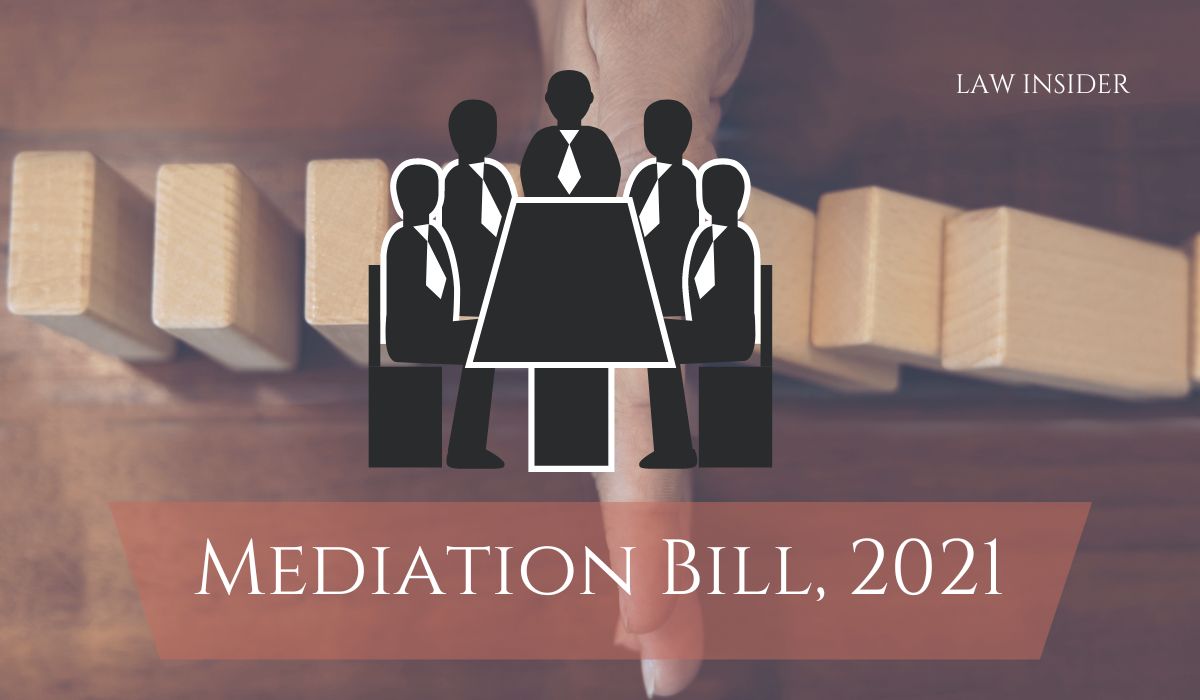LI Network
Published on: 2 August 2023 at 15:15 IST
On Tuesday, the Rajya Sabha passed the Mediation Bill, 2021, which aims to promote and facilitate mediation as a preferred method of resolving civil or commercial disputes before resorting to courts or tribunals.
Introduced on December 20, 2021, the Bill underwent scrutiny by the Parliamentary Standing Committee on Personnel, Public Grievances, Law, and Justice, led by Sushil Kumar Modi. The committee submitted its report to the Rajya Sabha chairperson on July 13, 2022.
The primary objective of the Mediation Bill is to encourage institutional mediation for dispute resolution, including commercial matters. It also seeks to enforce mediated settlement agreements, establish a body for mediator registration, promote community mediation, and recognize online mediation as a cost-effective process.
According to the Bill’s provisions, parties involved in civil or commercial disputes must attempt mediation before approaching a court or tribunal. After two mediation sessions, a party may choose to withdraw from the process. The mediation process itself should be completed within 180 days, extendable by an additional 180 days with mutual consent.
To supervise the mediation process, the Mediation Council of India will be established. The council’s responsibilities include registering mediators, recognizing mediation service providers and mediation institutes involved in mediator training and certification.
While the Bill mandates participation in pre-litigation mediation, it has drawn criticism for deviating from the traditional voluntary nature of mediation.
Moreover, concerns have been raised about the composition of the Mediation Council, as experienced practitioners are underrepresented compared to other professional regulators like the Bar Council of India (BCI). Additionally, the requirement for the council’s regulations to obtain prior approval from the Central government raises questions about the government’s potential involvement as a party to mediations.
It is worth noting that certain disputes, such as those involving criminal prosecution or impacting third-party rights, are considered inappropriate for mediation. The Central government holds the authority to amend this list if necessary.
The Bill allows parties to appoint any individual as a mediator if both parties agree. Alternatively, they can seek assistance from a mediation service provider, which will appoint a mediator from its panel of qualified mediators.
Any settlement agreement resulting from successful mediation will be legally binding and enforceable in the same manner as court judgments.
One notable aspect where the Bill falls short is the absence of provisions for enforcing settlement agreements from international mediations conducted outside India. This limitation has been a matter of concern among legal experts.
Overall, the Mediation Bill, 2021, seeks to establish a robust framework for mediation in the country and provide an effective alternative to court litigation for resolving disputes.

